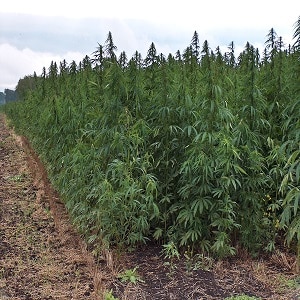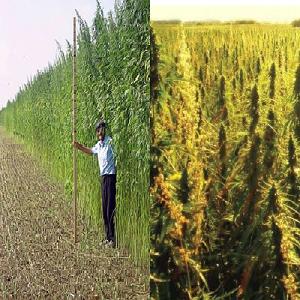 The Kentucky Department of Agriculture is looking for hemp growers for pilot programs for next year. Hemp used to be a big crop for Kentucky, and it’s amazing to know that it is once again going to be grown there. 2014 was the first year in many decades that hemp crops were allowed in Kentucky, in a limited capacity Per Kentucky.Com:
The Kentucky Department of Agriculture is looking for hemp growers for pilot programs for next year. Hemp used to be a big crop for Kentucky, and it’s amazing to know that it is once again going to be grown there. 2014 was the first year in many decades that hemp crops were allowed in Kentucky, in a limited capacity Per Kentucky.Com:
“The first round of pilot projects with the universities and individual farmers in 2014 yielded a tremendous amount of data about production methods, seed varieties, harvesting and processing techniques, and uses for the harvested hemp,” Agriculture Commissioner James Comer said in a statement.
“We’re looking to conduct a wide scope of pilot projects in 2015. When the day comes that commercial hemp production is open to all producers and processors in Kentucky, we want to be ready.”
Hemp was grown in 2014 for the first time since it was outlawed decades ago along with marijuana, which has far more of the high-inducing chemical THC. Several research plots were grown by universities, and a handful of farmers grew private plots. Results of the research projects are likely to be released by the end of January.
Do you live in Kentucky? Do you want to grow hemp? To apply download the application on the department’s website, kyagr.com. Applications may be completed electronically and submitted to [email protected]. Applications also may be printed, filled out and mailed to Kentucky Department of Agriculture, Industrial Hemp Program, 111 Corporate Drive, Frankfort, Ky. 40601.



